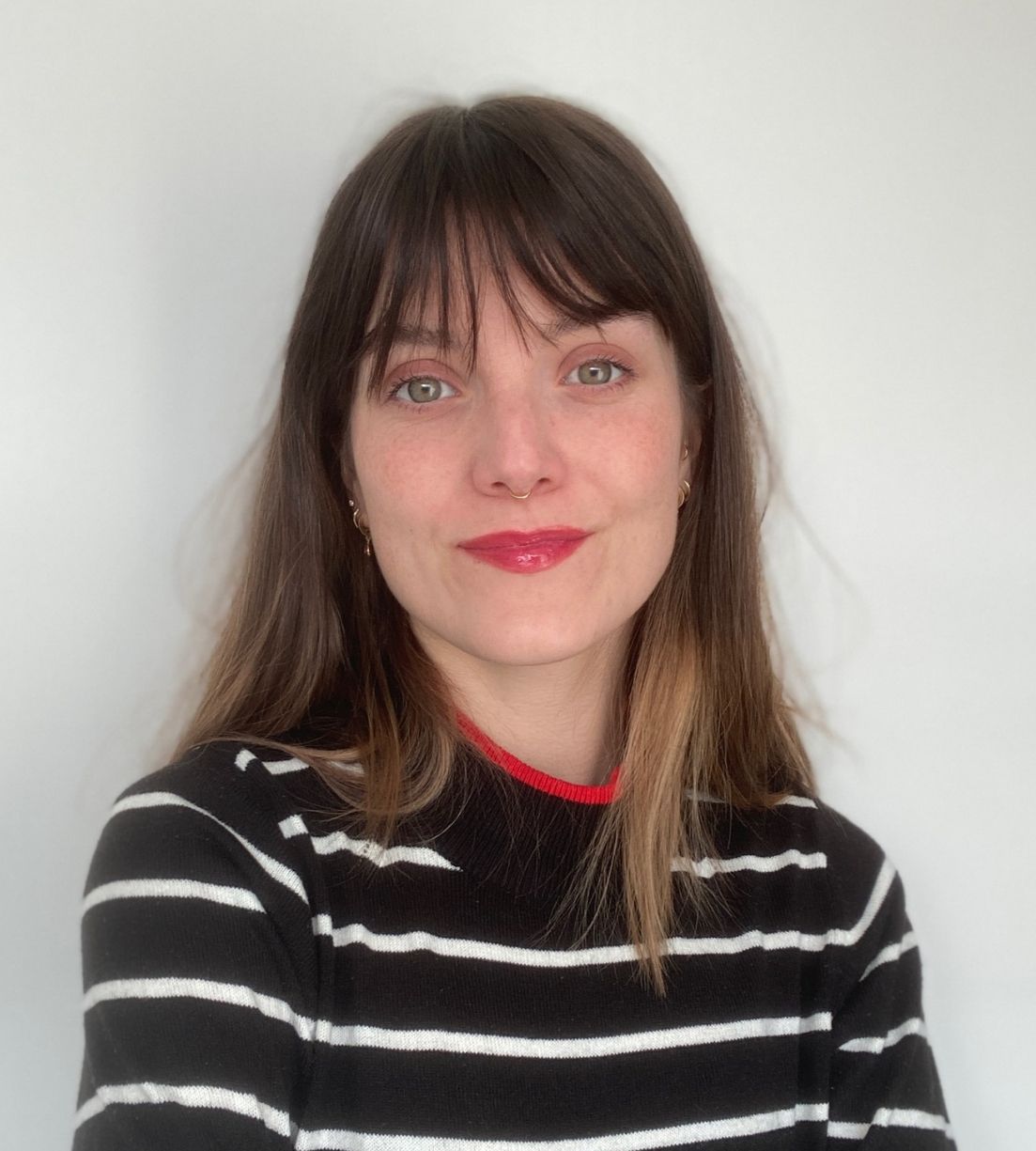
From individual stories to collaborative system change: Reflecting on my time at National Voices
Lucy Seymour, Senior Policy and External Affairs Officer at National Voices
As I prepare to close this chapter of my professional journey, I find myself reflecting on the three and a half years I’ve spent at National Voices. It’s incredibly bittersweet to be leaving the organisation that allowed me to take my first steps in the sector, and with whom I learnt so much.
Building bridges across the sector
At the start of my time with National Voices I witnessed our membership grow beyond 200 organisations. This expansion wasn’t just about numbers. It represented a broadening and deepening of our collective voice, and a more diverse community to feed into securing real policy change. One of the most powerful lessons from my time at the organisation has been seeing how collaboration between our members can bridge divides across the health and social care landscape. By creating spaces where diverse organisations could come together, we’ve amplified voices that transcend traditional boundaries between sectors, specialties, and approaches.
Projects powered by connections
During my time at National Voices, strong connections have powered every project. From supporting the shaping of a regional inequality strategy, to mitigating against a loss of trust risked by the abolition of NHS England, connecting with our members and their beneficiaries has been key.
This was first evident to me when leading on our joint statement on the 2023/24 autumn–winter flu and vaccine rollout. Members strengthened the statement, making it more inclusive and comprehensive, which helped secure support from 61 organisations. Together, we pressed for collaborative future rollouts and improved communication between the VCSE sector and system partners.
The same partnership approach shaped our work on community languages, translation, and interpreting services, which informed NHS England’s new Improvement Framework. I worked with members old and new to centre the project on people with low English proficiency across diverse communities, ensuring their needs were not an afterthought but a core design principle.
These connections and stories underline why our collective work matters. A mother in our Somali focus group could not consent to her daughter’s care during a three‑night hospital stay as no interpreter was provided. An unpaid carer living rurally shared that they were unable to take the time out from caring to reach their cancer screening appointment via public transport. By bringing these voices forward, and backing them with collective advocacy, we turn individual experiences into system change.
Nurturing fresh thinking and diverse perspectives
It has been a privilege to be able to encourage these connections for junior colleagues across the sector too. Among my proudest accomplishments during my time at National Voices was co-founding the Next Generation Network event series with my former colleague Pavi Brar. In a sector that thrives on fresh thinking and diverse perspectives, we identified the opportunity to create pathways for emerging talent to connect.
This initiative aligned perfectly with National Voices’ commitment to diversity in healthcare leadership. By actively working to support a more inclusive sector, we seek to ensure that tomorrow’s health and care system will be shaped by a wider range of voices and experiences.
Adapting together
The importance of these connections consistently comes to the forefront, as the health and social care sector faces continuous evolution, with policy shifts, funding challenges, and emerging health needs resulting in a government focused on changing the system to enable the NHS to flourish in the future. Working collaboratively has proven to be the most effective way to navigate this changing landscape.
While I’m moving on from National Voices, I carry forward an unwavering belief in the power of collaborative approaches to tackle our most pressing health and care challenges. The networks we’ve built, the relationships we’ve fostered, and the collaborative models we’ve developed will continue to create positive change long after individual projects or roles have concluded.
The future of health and social care depends not on organisations working in isolation, but on our collective ability to work together toward the shared goal of equitable and accessible care for all. I hope to maintain relationships built during my next role – please don’t hesitate to stay in touch.